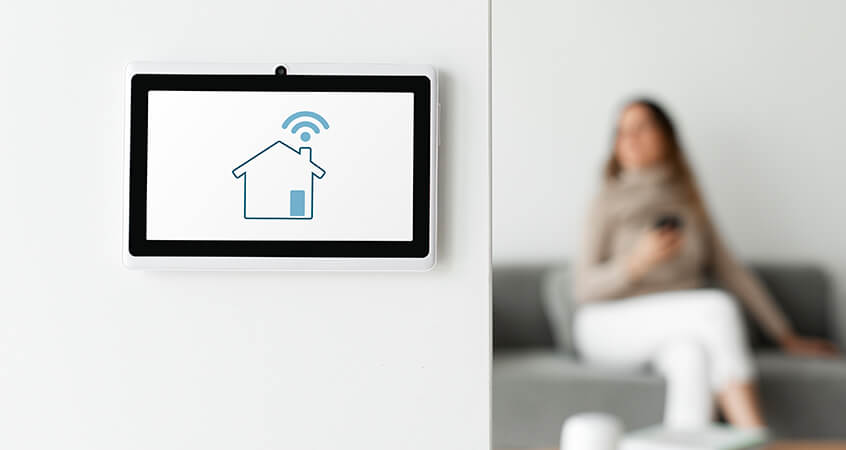
Discover 7 Ways Smart Homes Can Save You Money on Your Energy Bill
The Pramod Group gives homeowners access to smart home technology so they may manage their homes in a way that is more energy-efficient. Smart homes are the trend of the future. Smart homes have numerous benefits, including energy savings, which can lead to significant cost savings. Here are seven ways smart homes can save energy:
Smart Thermostats:
Smart thermostats allow homeowners to set their temperature settings and monitor energy usage from their smartphones. They can learn your daily routine, so the heating and cooling are adjusted automatically according to your needs. It will help you save energy, reduce your electricity bills, and make your home more comfortable.
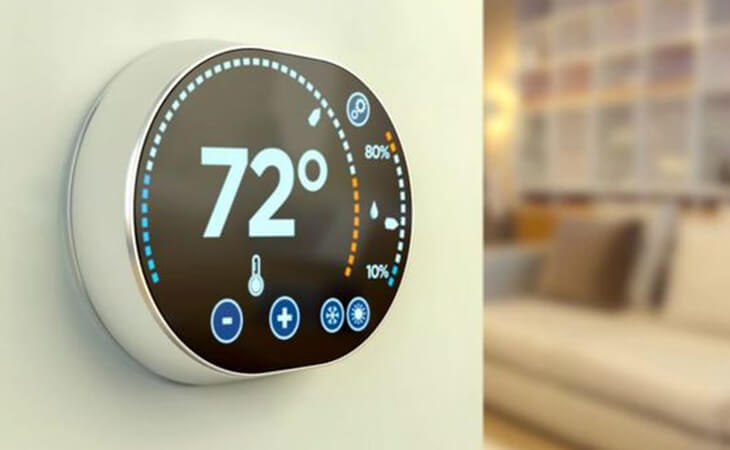
Energy-Efficient Lighting:
Smart lighting systems enable homeowners to control their lighting through their smartphones. It includes dimming lights, turning them off when not in use, and scheduling when the lights turn on and off. They are highly energy-efficient, which saves energy and reduces electricity bills.
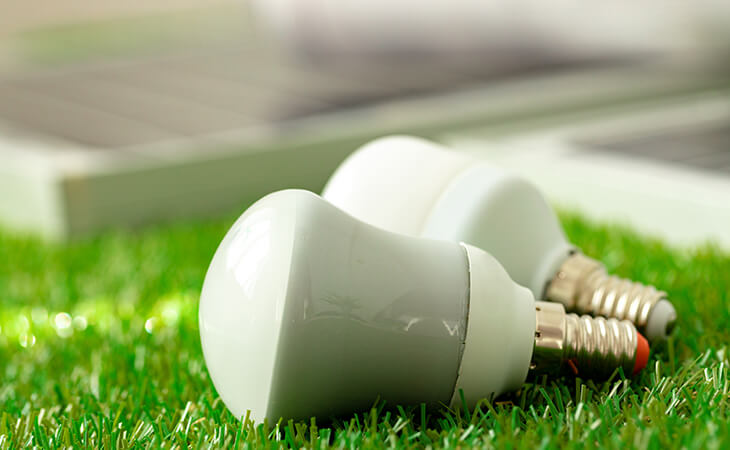
Motion Sensors:
Smart homes equipped with motion sensors ensure that lights turn on only when someone is present in the room. It prevents energy wastage by automatically switching off lights when no one is around.
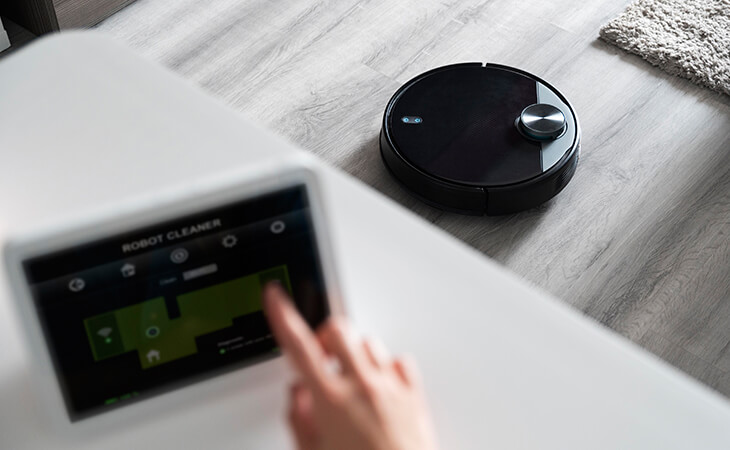
Smart Power Strips:
Smart power strips reduce energy wastage by automatically turning off devices that are not in use. These strips can also be controlled through a smartphone app to turn off appliances remotely, which reduces energy consumption and saves money.
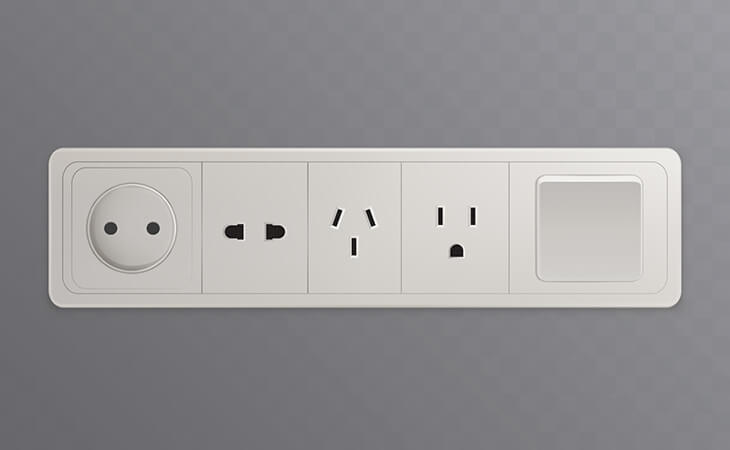
Energy-Efficient Appliances:
Smart homes are equipped with energy-efficient appliances that are designed to use less energy than traditional appliances. These appliances have been certified by ENERGY STAR, which means they meet the strict energy efficiency guidelines set by the U.S. Environmental Protection Agency.
Automated Irrigation Systems:
Smart homes can also have automated irrigation systems that use sensors to determine when to water the lawn or garden. It helps prevent over-watering and saves water, which is essential in arid regions.
Smart Windows:
Smart windows can automatically adjust their tint based on the amount of sunlight they receive. It reduces the amount of heat entering the home, thereby reducing the need for air conditioning and ultimately saving energy.

In conclusion, smart homes are designed to help homeowners save energy and reduce their carbon footprint. By using these technologies, homeowners can reduce energy consumption, save money on electricity bills, and contribute to a greener environment.






No Comments
Sorry, the comment form is closed at this time.